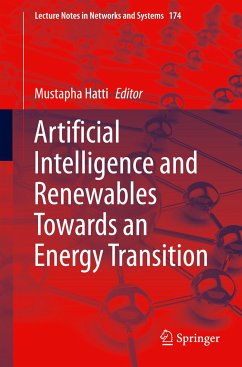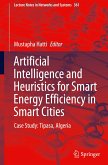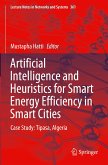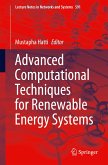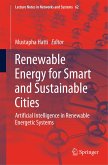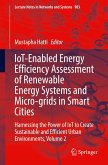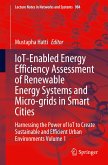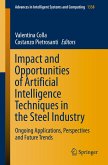This proceedings book emphasizes adopting artificial intelligence-based and sustainable energy efficiency integrated with clear objectives, to involve researchers, students, and specialists in their development and implementation adequately in achieving objectives.
The integration of artificial intelligence into renewable energetic systems would allow the rapid development of a knowledge-based economy suitable to the energy transition, while fully integrating the renewables into the global economy. This is how artificial intelligence has hand in by conceptualizing this transition and above all by saving time.
The knowledge economy is valuated within the smart cities, which are fast becoming the favorite places where the energy transition will take place efficiently and intelligently by implementing integrated approaches to energy saving and energy supply and integrated urban approaches that go beyond individual interventions in buildings or transport modes usinginformation and communication technologies.
The integration of artificial intelligence into renewable energetic systems would allow the rapid development of a knowledge-based economy suitable to the energy transition, while fully integrating the renewables into the global economy. This is how artificial intelligence has hand in by conceptualizing this transition and above all by saving time.
The knowledge economy is valuated within the smart cities, which are fast becoming the favorite places where the energy transition will take place efficiently and intelligently by implementing integrated approaches to energy saving and energy supply and integrated urban approaches that go beyond individual interventions in buildings or transport modes usinginformation and communication technologies.

